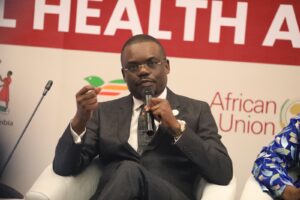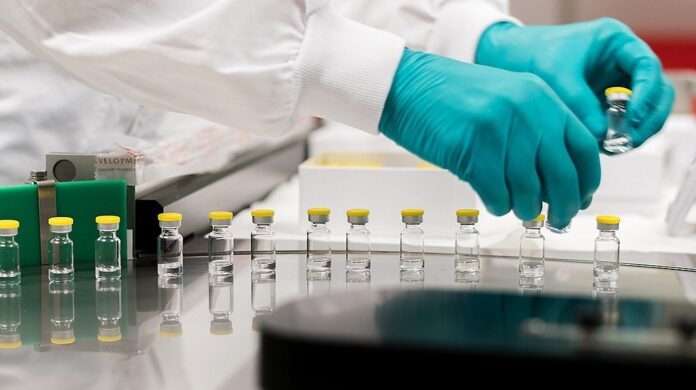In an article penned by Thelma Chioma Abeku on January 10, 2024, the imperative for Africa to embark on vaccine production for its populace takes center stage. UN Secretary-General Antonio Guterres underscored the significance of vaccine equity in February 2021, emphasizing it as the “biggest moral test before the global community.” This resonated during the COVID-19 pandemic, exposing the vulnerability of Africa’s health systems and amplifying the need for self-reliance in addressing public health challenges.
The 3rd International Conference on Public Health in Africa (CPHIA) in Zambia delved into the challenges and opportunities associated with advancing local production in vaccines, diagnostics, and therapeutics. The African Union, along with member states and partners, set an ambitious goal of achieving at least 60 percent vaccine manufacturing on the continent by 2040. Just as good governance entails providing national security and infrastructure, vaccine production is framed as a global public good essential for safeguarding community health.
The article acknowledges the pivotal role played by institutions such as the Institut Pasteur in Dakar, dedicated to researching infectious diseases affecting Africa. While commendable, there’s a consensus that more needs to be done to drive the vaccine manufacturing process forward. Africa bears a significant burden of infectious diseases globally, necessitating a local, African-led approach to innovation in vaccine production for self-sufficiency.
Challenges to Overcome
The challenges outlined include the need for collaboration to address infrastructure gaps and create a conducive ecosystem for manufacturing facilities. H.E Dr. Jean Kaseya, Director General of the Africa Centre for Disease Control, stressed the importance of a robust ecosystem capable of producing vaccines and medical products in a harmonized manner. This underscores the call for significant investments in research and development, driven by collaborations between governments, the private sector, and international partners.

Illustrative Image: H.E Dr. Jean Kaseya, Director General of the Africa Centre for Disease Control, stressed the importance of a robust ecosystem capable of producing vaccines and medical products in a harmonized manner
Image Source & Credit: African Union
Ownership and Usage Policy
Regulatory processes also emerge as a crucial point, emphasizing the necessity to streamline regulations across African countries for cross-border collaboration and adherence to international quality benchmarks. The article advocates for the need to assure vaccine demand and distribution alongside prioritizing research and development, aligning the vaccine production agenda with the needs of Africa’s growing population.
Ms. Shingai Machingaidze, Ag. Chief Science Officer at the Africa Centre for Diseases Control, stresses Africa’s need to take the lead in vaccine development for diseases prevalent on the continent rather than relying on external assistance. The author highlights the positive impact of Gavi, the Vaccine Alliance’s $1.8 billion pledge to strengthen Africa’s vaccine manufacturing efforts, including the establishment of the African Vaccine Manufacturing Accelerator (AVMA).
The Way Forward
To move forward, Prof. Abderrahmane Maaroufi, Director of Institut Pasteur Maroc, outlines four pillars for African vaccine manufacturing: political commitment, capacity building, effective regulation, and sustained funding. Political commitment involves mobilizing local manufacturers and firms through efficient public-private partnerships, with Morocco serving as an example. Capacity building emphasizes enhancing human competencies and infrastructure to support manufacturing activities across the continent. Establishing robust regulatory systems and sustaining funding through mechanisms like public-private partnerships are crucial for ensuring high-quality products and local resource mobilization.
As the vaccine manufacturing landscape evolves, African leaders are encouraged to promote knowledge sharing, technological transfer, and collaboration between high-income and lower-middle-income countries. This, the author argues, will enable Africa to redefine its global health role by leading in local vaccine, diagnostics, and therapeutic manufacturing, ensuring health security through strategic investments and partnerships.
















 The African Research (AR) Index is a comprehensive scholarly directory and database focused explicitly on journal publishers that publish and disseminate African research.
The African Research (AR) Index is a comprehensive scholarly directory and database focused explicitly on journal publishers that publish and disseminate African research.

